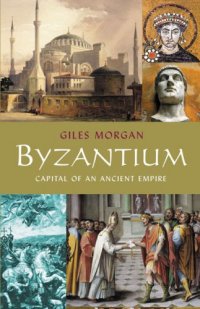
So what's so significant about the Byzantine Empire? Now recognised as having had a considerable influence on the Renaissance and a significant impact in the shaping modern Europe, modern historians are also increasingly acknowledging the role of the Byzantine Empire in the development of both Islam and Christianity, and the relationship between the two. The term 'Byzantine' derives from the ancient Greek city of Byzantium founded in 667 BC by colonists from Megara. It was named in honour of their leader Byzas. It later became better known as Constantinople, a gateway between West and East that played a crucial role in the transmission of Christianity to the West. The Byzantine Empire was often at the centre of profound geopolitical, cultural and religious forces that threatened to pull it apart. When Byzantine forces suffered a terrible defeat at the hands of the Seljuk Turks at the Battle of Manzikert for example, appeals to the West precipitated the First Crusade. In 1204, during the Fourth Crusade, Constantinople was even conquered by the Crusader army! The dramatic siege and subsequent fall of Constantinople to the Ottoman Empire is often seen as marking the end of the medieval period. The Byzantine Empire lasted for over a thousand years, created remarkable art and architecture and a lasting cultural and religious legacy that still has significance today.
Download the book Byzantium for free or read online
Continue reading on any device:

Last viewed books
Related books
{related-news}
Comments (0)